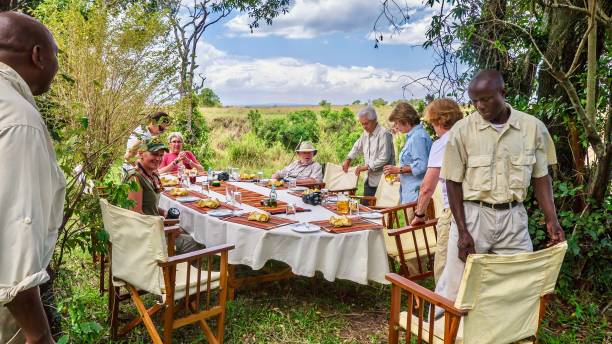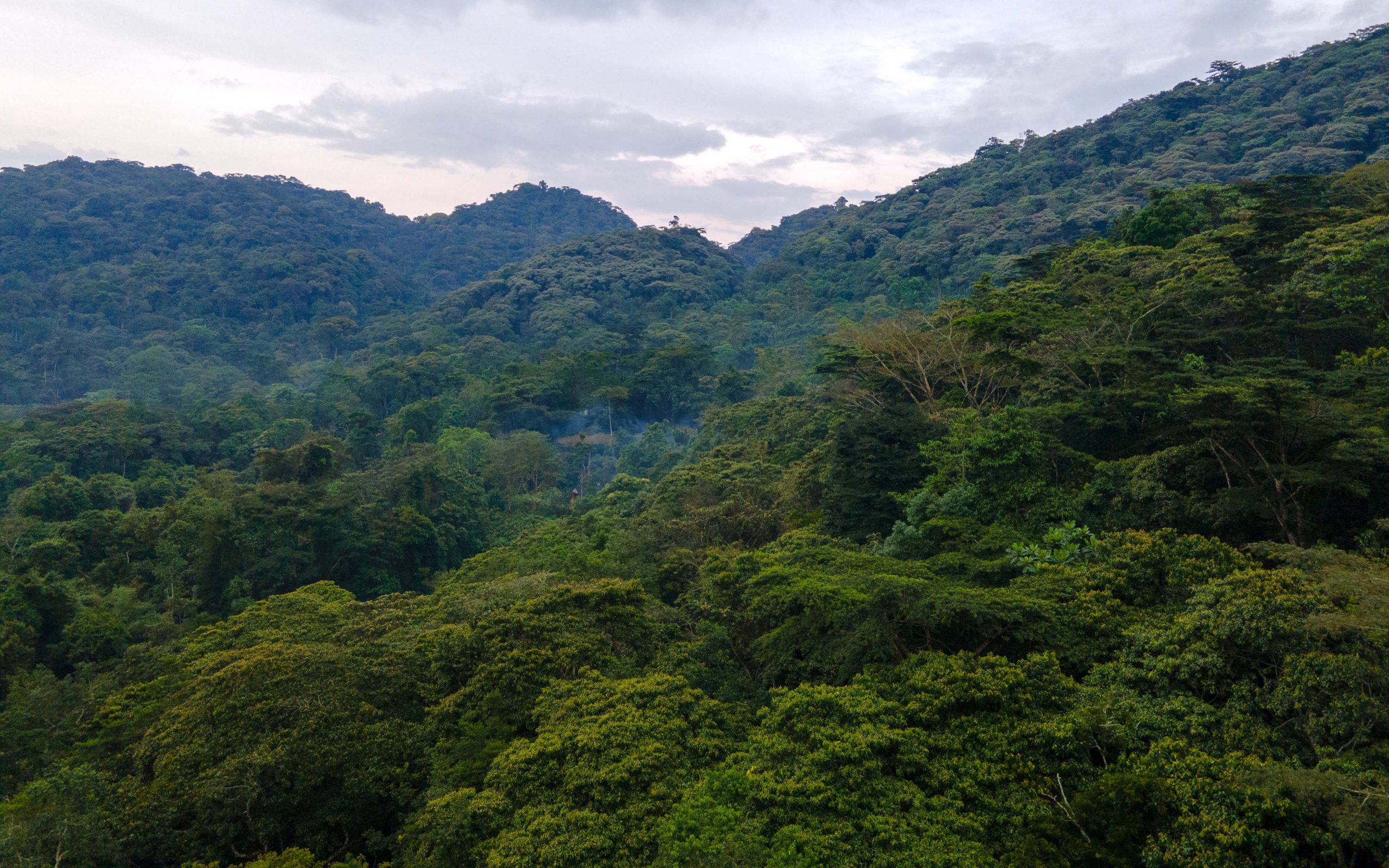Sustainable East Africa Safari Guide: Embarking on a safari with Agasaro Safaris offers a transformative journey through the breathtaking landscapes of Uganda and Rwanda.
Table of Contents
Introduction
This guide aims at travelers who seek authentic experiences intertwined with sustainability and proves how Agasaro Safaris champions eco-conscious travel while showcasing the rich biodiversity and cultural heritage of East Africa.

Why Agasaro Safaris Stands Out
- Customized Safari Experiences
- At Agasaro Safaris, we understand that no two travelers are alike. Our team curates tailored safari experiences that cater to individual preferences, whether you are a nature enthusiast, a family, or a cultural explorer. Imagine embarking on a journey where each moment resonates with your passions and curiosity, allowing for a deeper connection to the environment and the communities you visit.
- Cultural Immersion
- Engage with local communities through hands-on experiences that reflect Uganda and Rwanda’s vibrant cultures. Participate in traditional dance sessions, local cooking classes, and storytelling evenings. These activities empower the communities by promoting their crafts and heritage.
- Commitment to Sustainability
- Agasaro Safaris prioritizes environmental conservation and community development. By partnering with local organizations, we contribute to wildlife protection efforts and social initiatives, ensuring that tourism benefits to nature and the local populace. Every booking you make with us helps support vital projects like wildlife education and habitat restoration.
What to Expect on Sustainable East Africa Safari Guide
Embarking on a sustainable safari in East Africa allows you to enjoy the wonders of the region while minimizing your ecological footprint. Here’s what you can expect:
- Eco-Friendly Accommodations
Expect to stay at eco-lodges and sustainable campsites that prioritize renewable energy, waste reduction, and conservation practices. Many lodges in Kenya, Tanzania, and Uganda are committed to minimizing their environmental impact while offering luxury and comfort. - Wildlife Conservation Experiences
A key focus of your safari will be wildlife conservation. You’ll have opportunities to visit conservation projects aimed at protecting endangered species like rhinos, elephants, and gorillas. Participate in experiences that directly contribute to preserving East Africa’s biodiversity. - Responsible Game Viewing
Expect responsible game viewing practices that prioritize animal welfare and the integrity of their habitats. Your expert guides will ensure that you engage in ethical wildlife observation, respecting natural behaviors and minimizing disturbances. - Cultural Engagement with Local Communities
Sustainability also extends to cultural tourism. You’ll experience authentic cultural interactions with local tribes such as the Maasai, Batwa, or Hadza, learning about their sustainable living practices and traditions, which have been passed down through generations. - Carbon Offsetting and Green Transportation
Many safari operators in East Africa now offer carbon offsetting programs and green transportation options like electric vehicles, which minimize emissions while transporting you to game parks and other destinations. - Trekking in Eco-Conscious National Parks
Your trekking adventures, whether for gorilla trekking in Uganda or chimpanzee tracking in Tanzania, will take place in eco-conscious national parks like Bwindi Impenetrable Forest or Gombe Stream National Park, where park management emphasizes conservation and sustainable tourism practices. - Sustainable Dining
Expect fresh, local, and sustainable dining options featuring locally sourced ingredients. Many lodges and camps focus on farm-to-table meals that support local communities and reduce the environmental footprint of food transportation. - Contributions to Local Conservation Efforts
Part of your travel experience will involve directly supporting conservation initiatives. Your safari operator may contribute a percentage of your booking fee to wildlife protection, land restoration, or community development projects in East Africa. - Minimal Environmental Impact Safaris
Expect safaris designed to minimize environmental impact. Whether through low-impact activities like walking safaris or boat safaris, or through sustainable waste management practices, your journey will contribute to the conservation of the landscapes and ecosystems you explore. - Wildlife Education and Awareness
Expect enriching experiences where you’ll learn not only about wildlife but also about the ongoing conservation efforts in East Africa. The safari guides will share valuable knowledge about how tourism can help protect natural resources and animals.
Unique Safari Packages Tailored for You
- Gorilla Trekking Adventures
- Experience the awe of seeing mountain gorillas in their natural habitat, whether in the lush forests of Bwindi or the majestic Volcanoes National Park. Our expert guides share insights into the lives of these magnificent creatures, creating a memorable adventure that aligns with responsible tourism practices.
- Wildlife Exploration in Queen Elizabeth National Park
- Explore the diverse ecosystems of Queen Elizabeth National Park. Our guided safaris educate travelers about the delicate balance of wildlife conservation and tourism, spotlighting species such as the iconic tree-climbing lions and the vibrant birdlife that calls this region home.
- Adventure in Kidepo Valley National Park
- Discover the untamed beauty of Kidepo Valley, a hidden gem known for its stunning landscapes and wildlife encounters. This lesser-known park offers tranquility and authenticity, allowing travelers to experience the raw essence of Uganda’s wilderness away from the crowd’s experiences for Every Kind of Traveler
- Night Safaris Under the Stars
- Venture out on a unique nighttime game drive, guided by our knowledgeable rangers who unveil the secrets of the African night. Witness the nocturnal creatures that come alive after sunset, providing a thrilling wildlife perspective and an unforgettable adventure.
- Photography-aris
- For photography enthusiasts, Agasaro Safaris offers specialized trips focused on capturing stunning landscapes and wildlife. Our guides will lead you to the best locations during optimal lighting, helping you craft unforgettable images that tell the story of your journey.
- Cultural Safaris for Action
- Experience the heart of Uganda and Rwanda through our cultural safaris. Interact with local artisans, explore traditional markets, and participate in community-led initiatives that promote sustainable development. These experiences cultivate understanding and foster meaningful connections.
Sustainability and Community
- Conservation Initiatives
- Our commitment to sustainability goes beyond travel. Agasaro Safaris actively engages in conservation projects, such as reforestation efforts and wildlife protection programs. Travelers can partake in these initiatives, making your safari not just a journey but a contribution to preserving the beauty of East Africa. Ever wondered where safari revenue goes? check out this link: https://www.canva.com/design/DAGW8HgNdDo/dQIrn1g3atoud1l1Zp71CA/view?utm_content=DAGW8HgNdDo&utm_campaign=share_your_design&utm_medium=link&utm_source=shareyourdesignpanel
- Eco-Conscious Accommodations
- Enjoy the eco-friendly lodges that blend comfort with sustainability. Our accommodations minimize environmental impact while providing guests an authentic experience, from locally sourced meals to renewable energy practices.
Frequently Asked Questions (FAQs)
What are the best eco-friendly safari options in East Africa?
Top eco-friendly safaris in East Africa include gorilla trekking in Uganda (Bwindi Impenetrable National Park), safari tours in Kenya’s Samburu National Reserve, and the Serengeti National Park in Tanzania.
How does eco-tourism help with wildlife conservation?
Eco-tourism funds conservation efforts by supporting anti-poaching patrols, wildlife monitoring, and habitat restoration. It also provides local communities with jobs, empowering them to protect endangered species.
Can I book a wildlife safari that supports local communities?
Yes, many East African safaris support local communities. For instance, Akagera National Park in Rwanda and Ol Pejeta Conservancy in Kenya use eco-tourism funds to improve infrastructure and support community-based projects while also protecting wildlife.
Are there eco-friendly safaris for families in East Africa?
Absolutely! Eco-friendly family safaris in Masai Mara (Kenya) and Tarangire National Park (Tanzania) offer both adventure and education, teaching children about wildlife protection while minimizing environmental impact.
How do sustainable safaris contribute to the local economy?
Sustainable safaris generate revenue that creates jobs, funds community projects, and supports wildlife conservation. For example, gorilla trekking in Uganda benefits local communities through infrastructure development and education.
What are the environmental benefits of choosing an eco-friendly safari?
Eco-friendly safaris reduce carbon emissions, conserve wildlife habitats, and minimize waste. Operators use eco-conscious practices like low-impact transport and energy-efficient accommodations to protect the environment.
Can eco-tourism help reduce poaching in East Africa?
Yes, eco-tourism funds anti-poaching programs and provides locals with sustainable alternatives to poaching. In places like Samburu National Reserve (Kenya), tourism revenue is directly invested in anti-poaching initiatives.

Conclusion
Choosing Agasaro Safaris means a journey that harmonizes adventure with responsibility. Our tailored, immersive experiences showcase the stunning landscapes of Uganda and Rwanda and prioritize the well-being of local communities and wildlife.
Book your adventure with Agasaro Safaris today, and let us explore the heart of East Africa together.
